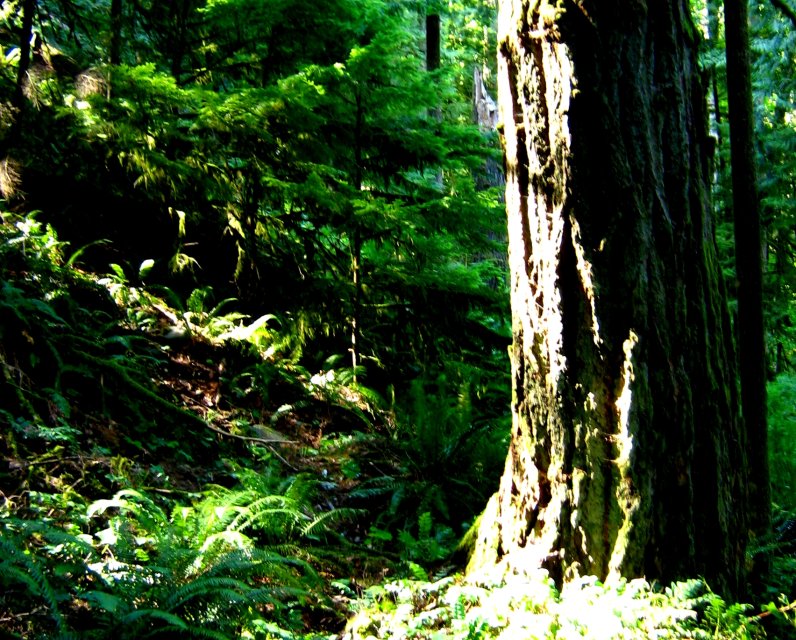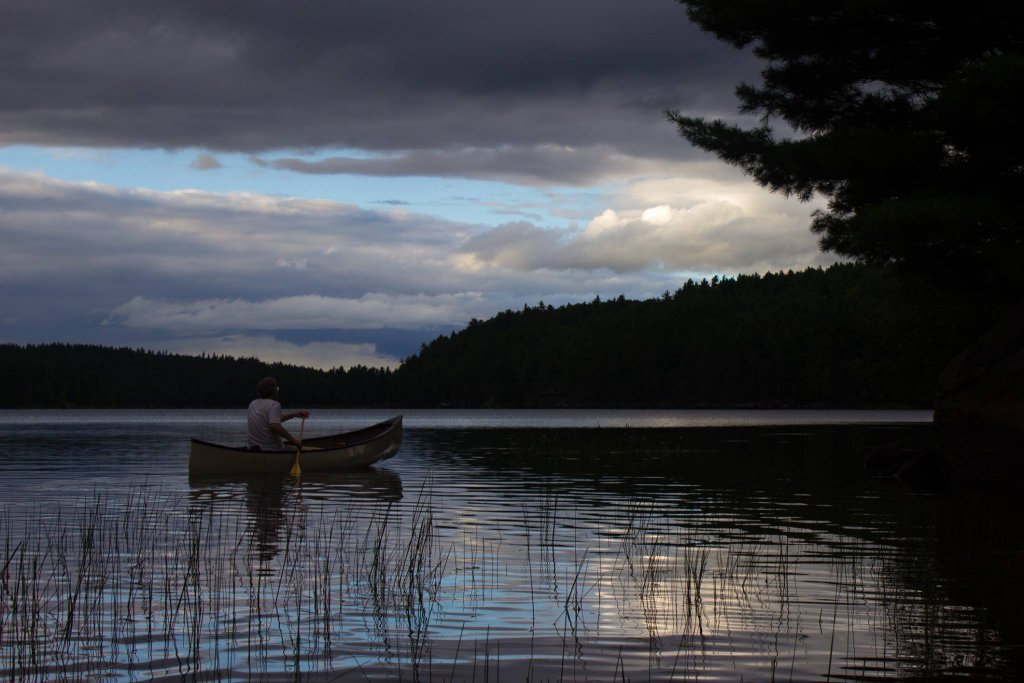Unpublished Opinions
Meditation on Easter Saturday

I published this letter as a Facebook note in 2015. Now seems a good time to re-publish it.
“Then Jesus answering said to them, Go your way, and tell John what things you have seen and heard; how that the blind see, the lame walk, the lepers are cleansed, the deaf hear, the dead are raised, to the poor the gospel is preached." - Luke 7:22
"And we have come to know and have believed the love which God has for us. God is love, and the one who abides in love abides in God, and God abides in him." - 1 John 4:16
"He is not here, for He has risen, just as He said." - Matthew 28:6
I seldom attend church. I remember the sabbath day and keep it holy in my own way, most often outdoors where I feel most connected with God. I feel the earth, the trees, and the wind in the same way that I feel the quiet, the stillness and the anticipation of an empty chapel. God moves in the whispers and the flickers of light -- whether sunlight through leaves or votive candles. The forest or the sky spans overhead like a cathedral dome. I lie on the ground, leaning back on my elbows, looking upward. On a clear night, when the heavens truly appear -- away from the City, with the Milky Way streaming from horizon to horizon -- I feel eternal time and space almost like a terror, exhilarating, awe-inspiring, reducing me to my true size in the universe. In those moments, I understand why Moses trembled on the mountain. I understand the fear of God.
But I could not live alone on a mountain. As a boy, I thought that I could. In fact, I yearned for a place where I might hear only the wind in the pines, like Heidi yearning for her grandfather's cottage. Over time, though, I've come to believe that the path to salvation -- at least for me -- does not lead up to the heavens, but down to earth.
"The Lord God formed man from the dust of the ground and breathed into his nostrils the breath of life, and the man became a living being." Genesis tells a creation story, and if we are formed more of stardust than of earth, does it really matter? We are born of dust, and to dust we shall return. To what end, then, is a life? As I've written before, I don't believe in the Christian heaven; I've never seen the point of it. I harbour no desire for my identity, my consciousness, to persist beyond the death of my body. It seems to me that the stars will shine no less brightly in my absence, or that children will cease to laugh, or that people will cease to love.
How, then, can I still be a Christian? This night, above all others, waits in anticipation of the central mystery of Christianity: the boulder rolled aside; the linens cast off; the empty tomb. What is the resurrection, if not the promise of eternal life?
I recall learning about the Navaho coming-of-age ceremony for girls, the Kinaalda, in one of my anthropology classes many years ago at UBC. During the ceremony, the Navaho believe, the girl becomes "Changing Woman", the first woman to bear children, the mother of all people. In that moment, if I understand correctly, not only the girl transforms, but the universe itself transforms. The girl and the old world cease to exist, and the woman and the new world come into being. Some years later, while contemplating the Franciscan novitiate, I recounted to my spiritual advisor how this revelation had opened my eyes to a new view of the universe. He said to me, "don't you see, that's the resurrection. It isn't just a new life; it's a new world. And it's happening even as we speak."
Where do we find this new world? As I walk the littered, spring streets of Sandy Hill, where garbage and dog shit spill from dirty snow and crusty ice, I can too easily dwell on the blight of the urban City. As I listen to the radio, I can too easily dwell on the evils of mankind -- many of them (but certainly not all) committed in the name of religion, sometimes my own. Outside my window, the darkness can seem as solid and impenetrable as stone.
And, yet, as I compose this meditation, I see a list of friends and family down the right side of my computer screen. Beside each name, I see a photograph that represents each person, chosen to depict some important part of themselves or their lives. I see them standing beside spouses, or embracing children, or standing on boulders silhouetted against the sky. I see them holding instruments, mugs of coffee, pets. I see their hobbies, their homes. Every photograph says, "this I value; this I hold dear." Every photograph speaks of hope for the future. Every photograph tells of Love.
We love, even though we are dust. Love remakes the world. Though hurt, though blinded or lame, though sick or deaf, though poor, most of us strive day after day, sometimes through the darkest nights. Love gives us hope. Hope, I think, may be the only, solely human trait. Anne Frank wrote, "where there's hope, there's life. It fills us with fresh courage and makes us strong again."
Speaking as a scientist, I do not believe that science has yet to explain the courage of Anne Frank.
I am still a Christian because I believe in the power of Love to remake our lives every moment of every day. I see it manifested in the lives of my friends and family. I see it in the faces of strangers. And I see it on Easter morning, in the silent walk under the paling sky to an empty tomb.



Comments
Be the first to comment